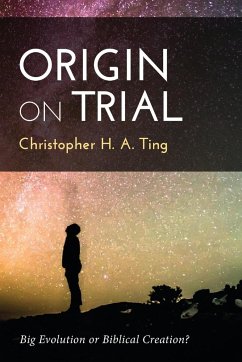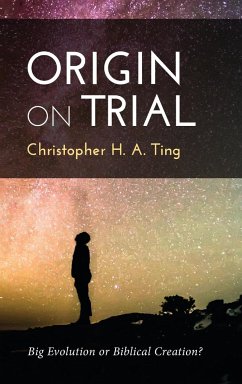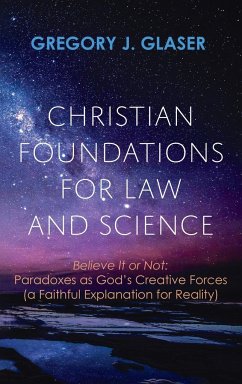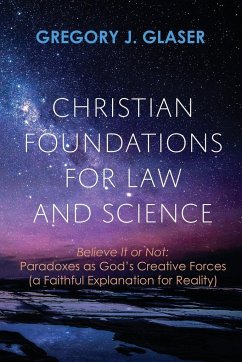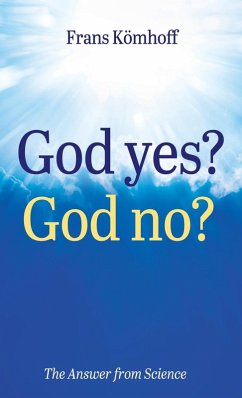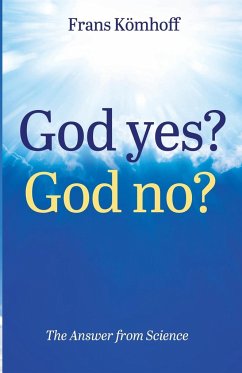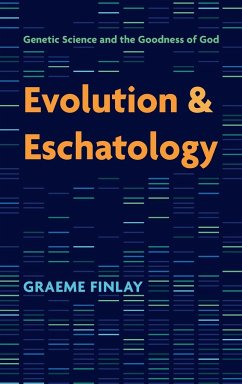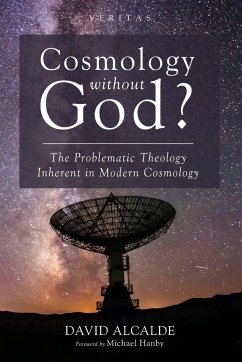Do you know about the dark secrets in big evolution concerning the origin of the universe? Do you know that the Bible sets God's signature on his creation in the beginning? Not all fields of science are created equal. Some deal with past history rather than the present. Einstein's theory of gravity as curved spacetime is observable science. But some scientists use it with particle physics to tell a story of the origin of the universe. But can anyone see the moment of the Big Bang? Scientists themselves say the Big Bang model has big problems. The data they use to support their best model about the origin of the universe can also be used to undermine it. They started with A to build the model, but their data don't agree with A. Is there something fundamentally wrong? Great scientists make mistakes in science too. Hawking and others have made profound statements, but they don't always make sense. Big evolution has holes. It relies on deep time as god of the gap. Modern science began with Christians like Kepler and Galileo. They believed biblical creation had happened. It's time to bring science back to its genesis and the origin back to church.
Hinweis: Dieser Artikel kann nur an eine deutsche Lieferadresse ausgeliefert werden.
Hinweis: Dieser Artikel kann nur an eine deutsche Lieferadresse ausgeliefert werden.

